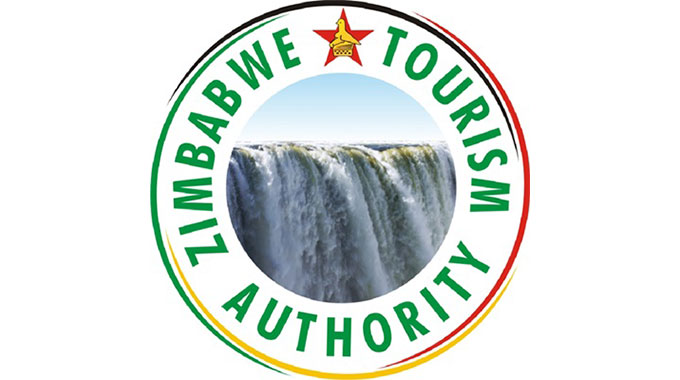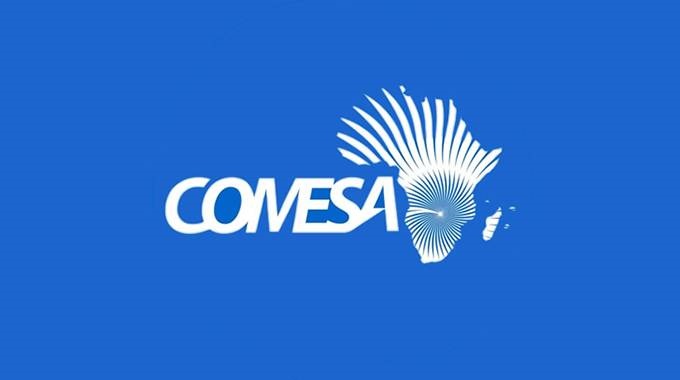Tourism sector slowly recovering from Covid-19 effects

Leonard Ncube, Victoria Falls Reporter
ZIMBABWE’S tourism sector is slowly recovering from the effects of Covid-19 pandemic, which razed through the world decimating the whole industry value chain.
In Victoria Falls, the third quarter of 2021 has been a source of hope for the sector with back-to-back bookings as Meetings, Incentives, Conferences and Exhibitions (MICE) returned to boost the local economy.
Most big hotels were almost fully booked for most of the time since September as they hosted conferences and meetings. Over 90 percent of tourists are locals as domestic tourism takes shape in the absence of international travelers due to travel restrictions.
Over the years the tourism industry relied mostly on international clients with menus, room taste, etiquette and pricing skewed towards foreign clientele.
Thousands lost jobs from the sector, which used to employ more than 100 000 while arrivals dropped, resulting in facilities and tourism spots turning into white elephants and conservation efforts being negatively affected.
The tourism sector contributed close to 10 percent to the fiscus in 2019 as receipts topped around US$1,3 billion, but the drop has been catastrophic. Despite all these negative effects of the pandemic, the industry remained in the game backed by domestic tourism.
Spending by domestic tourists might be low compared to international clients, but there is no doubt this has kept the industry going in the meantime in the absence of international travelers.
Government last year launched the Tourism Recovery Growth Strategy, which sought to provide stimulus support to the industry and promote domestic travel.
With the sector slowly showing signs of life after relaxation of lockdown restrictions from Level 4 to Level 2, where locals can travel between cities, there is an area that needs urgent attention. There is need to re-focus the marketing strategy, change menus, redo room taste, review pricing models and expand on activities to include local needs.
Skills flight and lack of international clients means the industry is as good as new and has to change its culture and start focusing mainly on local clients.
Meals at most hotels were largely western dishes, with traditional taste offered on selected days and specially also meant to entice foreigners. Even shop-floor staff etiquette favoured foreign clients.
For almost two years, the industry has been faced with the new normal and players and stakeholders admit there is need to change approach and invest in domestic tourism.
Hospitality Association of Zimbabwe Matabeleland North chair Mr Anald Musonza says the skills flight and changes in the industry has forced many to reconfigure.
“Employees are leaving the industry going into farming and mining and might not come back. This affects quality of our service,” he said.
“You may be coming here and expecting five-star service, but that person who used to make it happen is no longer there.”
Mr Musonza said there was skepticism about the future of tourism and appealed to the Government to put frameworks that protects it.
“This has not only affected revenue but we have lost skilled staff as people are changing careers. To me this industry is very central and important as part of foreign affairs as we get tourists to come and appreciate our culture and leave with a positive attitude,” he said.
“Bookings are getting better and we have since seen a huge upturn of bookings being confirmed for last quarter of this year into 2022. However, in light of the new normal, the industry has been totally reshaped and we have had to adapt as domestic market has its unique culinary tastes that need to be taken care of.
“The industry players have to adapt menus and pricing models that address sensitivity to prices by local tourists and this is what we are doing.”
Mr Musonza said while younger people are expected to join the industry, many will prefer contract work than permanent jobs because of job risks associated with the industry.
Victoria Falls was also regarded as an expensive destination because most inputs to the industry were imported as the players sought to satisfy international clientele.
With this new normal, a crystal-clear lesson for the industry is never to put all eggs in one basket as Victoria Falls depended wholly on tourism.
In a recent interview, Victoria Falls City Council public relations and economic development officer Mr Ngqabutho Moyo said the local authority was planning a mixed commercial use programme to help diversify the product of the town by bringing in conferencing, full time conventions and other new products.
“Our idea is to make this destination a fun destination and not a traditional destination where you only come to see the Falls and animals,” he said. “We are greatly exposed because we were mainly depending on people driven external market and not the physical product. So, as a local authority we have seen that we need a multifaceted economy that can sustain itself.”
Tourism Business Council of Zimbabwe president, Mr Wengayi Nhau, said Covid-19 had taught the industry not to take things for granted.
“We were relaxed thinking since there are no wars in Africa, particularly in the Southern region we are safe before this invisible enemy came and destabilized arrivals,” he said.
“We have leant that we need to be always on watch and not have all our eggs in one basket. Victoria Falls was over 90 percent reliant on international tourist arrivals and we have leant to diversify economies of our tourist destinations. We need to think not outside the box but without the box,” said Mr Nhau.
He said Victoria Falls can leverage on availability of the international airport and water on the Zambezi River for establishment of irrigation projects to feed the industry and export.
“We need to develop the local market so that we attain at least 50 percent of tourism arrival being from domestic tourism. Most countries whose 50 percent arrivals are domestic have managed to weather the storms,” he said.
The Zimbabwe Tourism Authority has also started retraining tourism stakeholders on customer care to meet local demands, while another marketing training programme is schedule to start next month to equip operators with skills to survive in the new normal.
‘We are Victoria Falls Initiative’ coordinator Ms Shelly Cox said both domestic and international travellers are valuable to the sustainability of tourism. She said international arrivals might start increasing next year.
“I think that many tourism stakeholders have already adapted their offering to attract domestic visitors and it has been positive on two fronts as domestic travellers are in a position to experience the natural heritage of their own country and learn more about the importance of preserving our natural heritage for future generations and the domestic travellers have played an important role in sustaining livelihoods and survival of the tourism sector,” she said. -@ncubeleon











Comments